SUMMARY
This is AI generated summarization, which may have errors. For context, always refer to the full article.
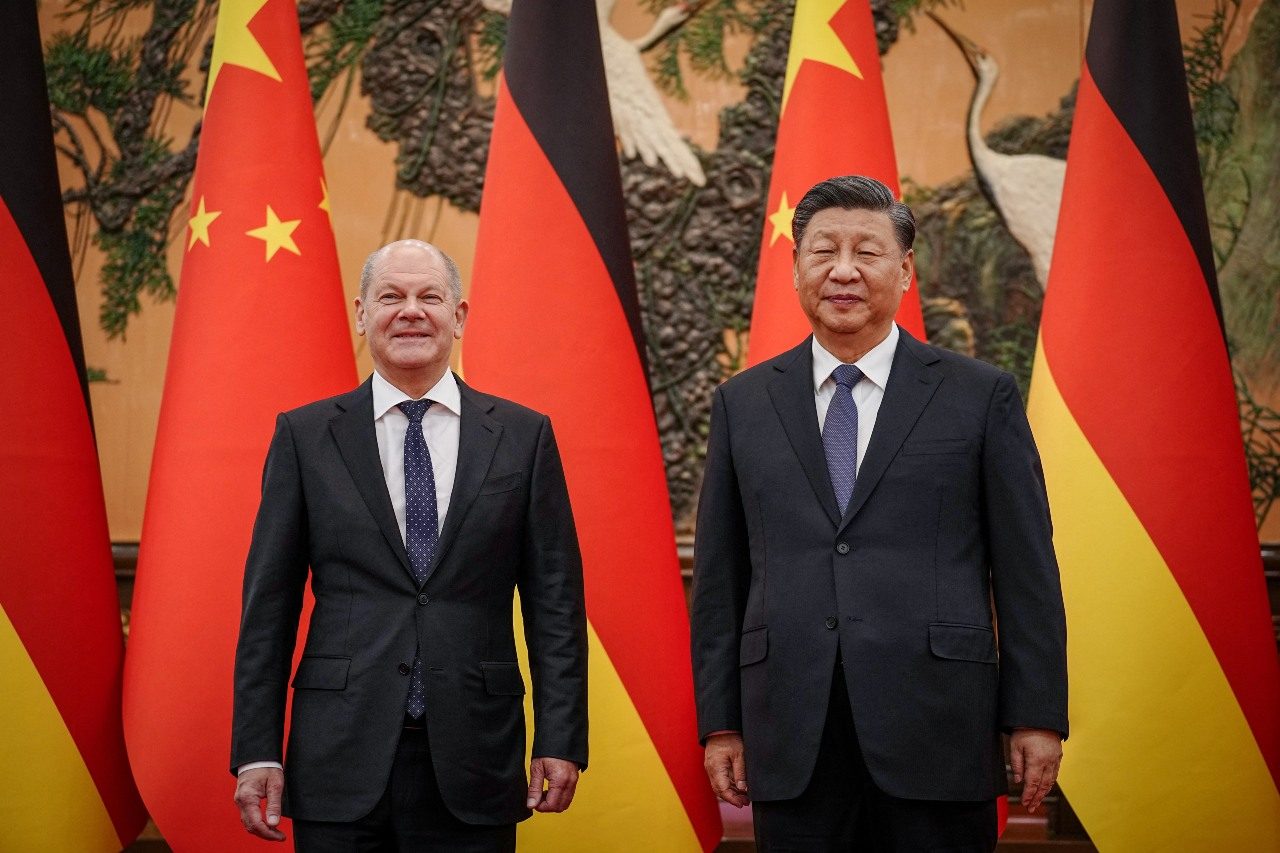
BEIJING, China – Chinese President Xi Jinping and German Chancellor Olaf Scholz on Friday, November 4, condemned threats to use atomic weapons in Ukraine, with Scholz warning that Russia risked “crossing a line” in the international community by resorting to nuclear force.
In the first visit by a G7 leader to China since the pandemic, Scholz pressed Xi to prevail on Russia to end the war in Ukraine, saying Beijing had a responsibility as a major power to do so.
Xi agreed that both leaders “jointly oppose the use or threat of use of nuclear weapons,” according to a readout by the state-run Xinhua news agency, though he refrained from criticizing Russia or calling on Moscow to withdraw its troops.
Scholz arrived in Beijing on a one-day visit that is testing the waters between China and the West after years of mounting tensions, with talks touching on reciprocal market access, climate change and COVID-19 vaccines.
Scholz made the visit while facing criticism from within his own coalition about relations with Beijing and has tried to balance securing a level playing field for European companies with shedding Germany’s heavy reliance on the Chinese market.
During lunch with Scholz, Xi stressed that it is easy to destroy political trust but difficult to rebuild it, and both sides need to take care of it, according to Xinhua.
Earlier, while greeting Scholz at the Great Hall of the People in the heart of Beijing, Xi urged the two countries to work more closely on international issues.
“President Xi and I agree: nuclear threats are irresponsible and incendiary,” Scholz said after the meeting. “By using nuclear weapons, Russia would be crossing a line that the community of states has drawn together.”
Ukraine’s Western allies have accused Russia of threatening to use nuclear weapons in Ukraine. Moscow denies doing so and has repeatedly accused Kyiv of planning to use a radioactive “dirty bomb” without offering evidence.
Before their lunch of beef strips, prawn and sweet and sour fish, Scholz told Xi that Russia’s invasion of Ukraine was creating problems for the rules-based global order, according to a recording of the remarks provided by the German delegation.
Scholz then met outgoing premier Li Keqiang. He told Li that it was clear China and Germany were no friends of “decoupling.”
During a news conference after his discussion with Li, Scholz said he raised the issue of Taiwan. China claims the island as its own territory and has never renounced the use of force to bring it under its control.
“Like the US and other countries, we are pursuing a one-China policy. But I have made equally clear that any change in Taiwan’s status quo must be peaceful or by mutual consent,” he said.
COVID tests
Scholz bluntly complained about access to the Chinese market while also touting a breakthrough deal to allow Germany’s BioNTech to become the first non-Chinese drug manufacturer to sell its COVID-19 vaccine to expatriates in China.
“However, we have to realize that economic exchange with China has become more difficult for German companies recently,” Scholz said. “This applies to market access, which is very open on the European side, while China seals off many sectors.”
While touching on the human rights of minorities in the Xinjiang region, Scholz denied Germany was meddling in China’s domestic affairs.
He also asked Xi, who has supported President Vladimir Putin since Russia’s invasion of Ukraine in February, to promote peace. “I have told President Xi that it is important, that China uses its influence on Russia,” he said.
Scholz and the delegation of German business leaders flying with him were administered COVID-19 tests upon landing in Beijing on Friday morning, with Chinese medical staff donning hazmat suits going into the plane to conduct the tests, according to the Reuters reporter accompanying the delegation.
The delegation was moved from the airport to a state guesthouse to await their results, which Scholz quickly cleared, according to his press team.
China’s strict zero-COVID policy and growing tensions with the West have made it unfeasible for leaders of major western powers to visit China, while Xi only resumed foreign trips in September.
Scholz’s visit is likely a welcome development for the Chinese leadership, who will be looking to shore up relations with the outside world.
“China, in the present domestic and international environments, requires his visit and whatever both sides would jointly declare in Beijing, especially shortly after the (Party) Congress,” said Shi Yinhong, a professor of international relations at Renmin University in Beijing.
Scholz is pushing for greater market access at a time when the German economy, Europe’s largest, is fighting decades-high inflation and a looming recession.
In the run-up to the visit, there had been criticism of the visit within the EU and the German government coalition, mainly from the Green Party and the Liberals.
These tensions were highlighted by a deal last week where Chinese shipping giant Cosco received approval from Berlin for a stake in a Hamburg port terminal despite opposition from coalition partners.
China’s crucial role in key industries from shipbuilding to electric vehicles, along with the unprecedented economic headwinds facing Germany, meant Scholz needs cooperation with China more than his predecessor Angela Merkel ever did, said Wang Yiwei, Jean Monnet Chair Professor and director of the Centre for European studies at Renmin University. – Rappler.com
Add a comment
How does this make you feel?

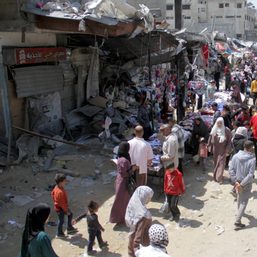
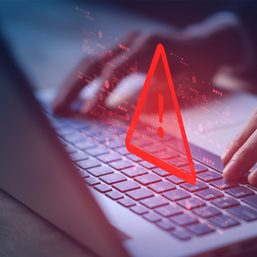
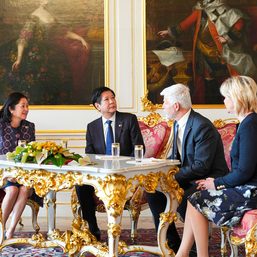
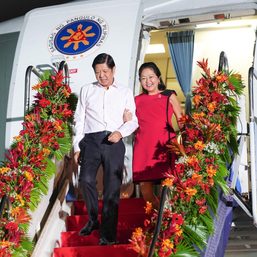
There are no comments yet. Add your comment to start the conversation.